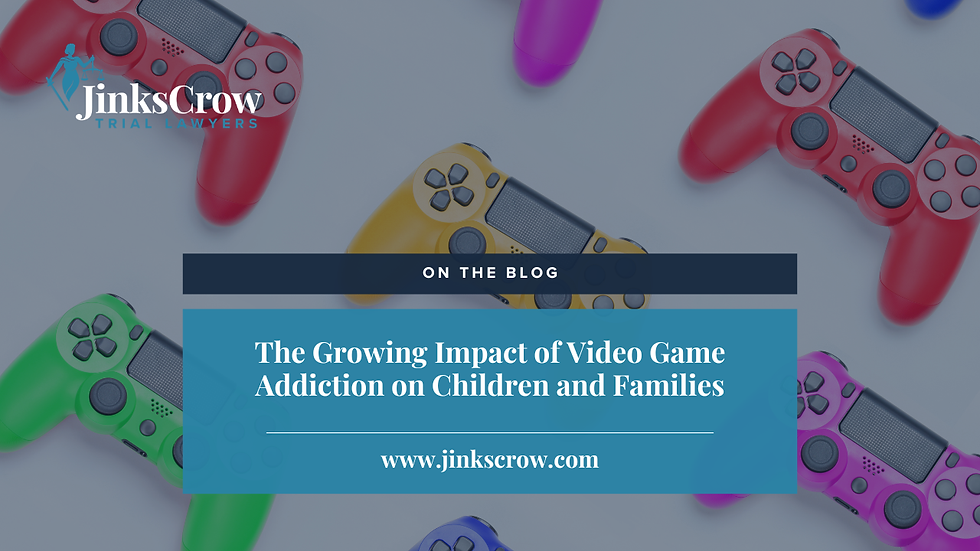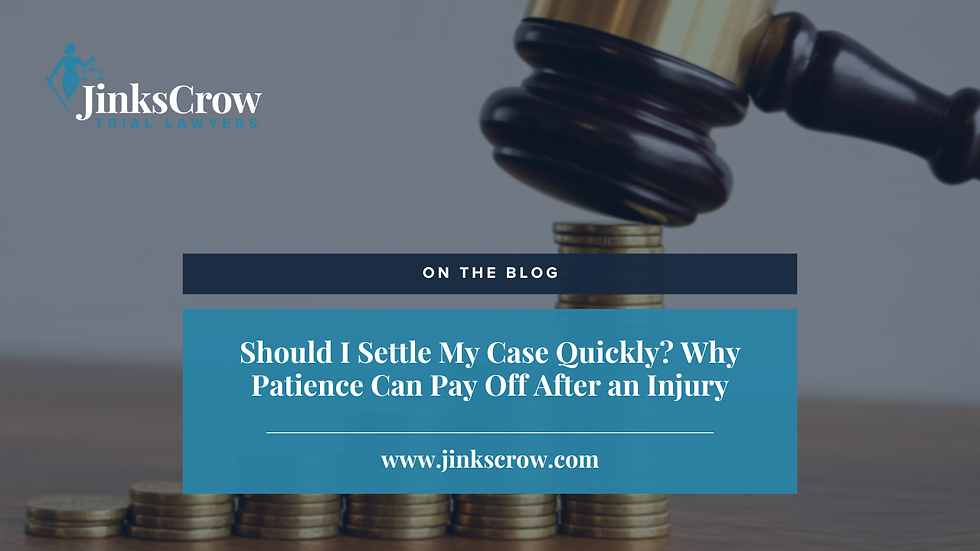Thermal Runaway
- Jinks Crow

- Sep 15, 2016
- 2 min read
Most electronic devices are powered by lithium ion batteries. This includes cell phones, portable music players, GPS devices, notebook computers and many others. Lithium ion batteries have long run times, are small and produce a relatively greater amount of energy than other batteries. However, they do pose certain risks.
The lithium ion cell has a carbon anode (positive) and a metal oxide cathode (negative). Lithium molecules leave the carbon anode and lose a negatively charged electron leaving behind a lithium ion. These ions flow through an organic solvent between the anode and the cathode. This produces electricity. If the battery is overcharged or produces too much current, or if there are impurities in the cell as a result of sloppy manufacturing procedures, this can result in a short circuit which leads to something called “thermal runaway.” This is a rise in heat and pressure which is impossible to stop and can cause fires or even an explosion. Thermal runaway can produce temperatures of over one thousand degrees Fahrenheit.
Needless to say these fires and explosions can cause serious personal injury. Fortunately, the types of failures that lead to these incidents are extremely rare. However, electronic devices that have lithium ion battery components have been the subject of many safety recalls and product safety warnings. Many laptop computers were recalled in 2006; the FAA has recommended restricting their cargo carriage on flights and the International Civil Aviation Organization has banned the shipment of these batteries as cargo on passenger flights. Recently Samsung issued a massive recall of its Galaxy Note 7 smartphone because of the risk of these batteries exploding.
Putting high energy producing but volatile material together in a small battery poses an inherent risk. To guard against this risk, manufacturers have devised several safety features. The most significant of these is a separator which is a film that is designed to separate the lithium electrodes. Thermal runaway will not occur if this separator works properly. However, as the use of electronic devices proliferates and the need increases for faster and faster performance, there is a temptation for manufactures to take shortcuts to achieve smaller and faster devices. As with any other product, manufacturing defects or design defects can result in a dangerous product that can cause severe injury or even death.
%20Proof%20%235.png)



Comments